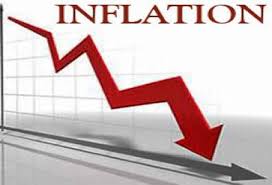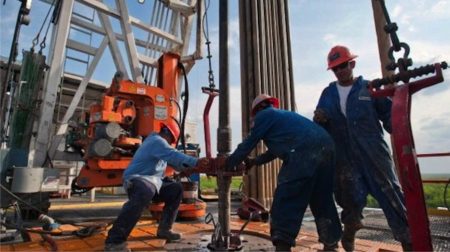Ghana’s inflationary pressures showed signs of easing in March 2025, as the national inflation rate decelerated to 22.4% from 23.1% in February. This positive development can be primarily attributed to a moderation in food prices and a slight dip in non-food inflation. The decline in food inflation, from 28.1% in February to 26.5% in March, suggests improvements in food supply chains and greater stability in the prices of essential food commodities. Simultaneously, non-food inflation also decreased marginally, from 18.8% to 18.7%, indicating a broader slowdown in price increases across various sectors of the Ghanaian economy. This overall trend suggests that the government’s economic policies, coupled with potentially favorable market conditions, are beginning to yield positive results in controlling inflation.
While the general trend is encouraging, a closer examination reveals nuanced dynamics within specific categories. Inflation for locally produced goods decreased from 25.1% to 24.0%, further supporting the narrative of improved domestic supply chains and stabilized production costs. This positive development could be attributed to government initiatives aimed at boosting local production, improving agricultural practices, and strengthening infrastructure supporting the movement of goods. However, inflation for imported goods witnessed a slight uptick, rising from 18.5% to 18.7%. This suggests that Ghana remains vulnerable to external economic pressures, such as fluctuations in the exchange rate and global commodity price volatility. This vulnerability underscores the importance of strengthening domestic production capacity and reducing reliance on imported goods.
The regional disparities in inflation rates highlight the uneven distribution of economic progress within Ghana. The Upper West Region experienced the highest inflation rate at 36.2%, signifying persistent economic challenges and potentially limited access to essential goods and services in this region. This necessitates targeted interventions to address the specific economic vulnerabilities of the Upper West Region, ensuring equitable access to resources and opportunities. In contrast, the Volta Region boasted the lowest inflation rate at 18.9%, indicating comparatively stable prices and potentially stronger local economies. These regional differences underscore the need for region-specific economic strategies tailored to address local challenges and leverage local strengths.
The overall downward trend in inflation can be interpreted as a positive sign for the Ghanaian economy, reflecting the effectiveness of ongoing economic stabilization efforts. The decrease in food inflation brings much-needed relief to households, enhancing their purchasing power and contributing to improved living standards. The slight decline in non-food inflation further reinforces the narrative of stabilizing price levels, promoting consumer confidence and encouraging investment. However, the persistent pressure on imported goods serves as a reminder of the need for continued vigilance in managing external economic risks and strengthening domestic economic resilience.
Despite the encouraging overall trend, the slight increase in imported goods inflation warrants careful monitoring. This increase points towards the potential impact of external factors, such as global economic fluctuations, exchange rate volatility, and international commodity price trends. Ghana’s dependence on imports makes its economy vulnerable to these external shocks, highlighting the need for diversification of the economy and a focus on domestic production. Policymakers need to implement strategies to mitigate these external risks, possibly through targeted interventions in the foreign exchange market, import substitution policies, and strengthening trade relationships with strategic partners.
Looking ahead, sustained efforts are crucial to consolidate the gains made and ensure the long-term stability of price levels in Ghana. Continued focus on strengthening domestic production, improving infrastructure, and diversifying the economy will be essential to mitigate the impact of external shocks. Furthermore, prudent fiscal and monetary policies, coupled with strategic interventions to address regional disparities, will be vital for achieving sustainable economic growth and ensuring inclusive prosperity for all Ghanaians. Economic analysts and policymakers need to remain vigilant in monitoring inflationary trends and adapting strategies to address emerging challenges. The current decline in inflation provides a foundation for optimism but requires sustained effort to translate into long-term economic stability.














